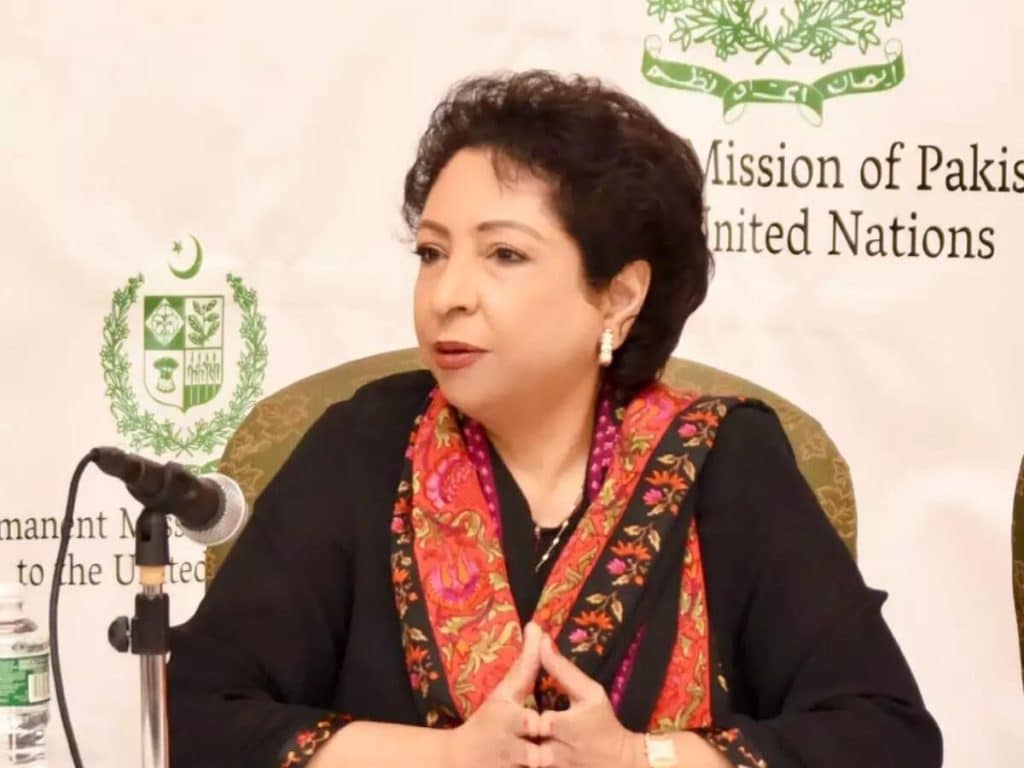Former Pakistani diplomat: Europe is following America/Iran will not surrender.
The opposition of the US and its allies to the continuation of the lifting of anti-Iran sanctions proves that the Western front prefers pressure over diplomacy, and this is the path that the US and Europe are following.
He added: Pakistan voted in line with its principled policy to maintain the lifting of sanctions on Iran, but unfortunately, this resolution was not adopted.
Maleeha Lodhi, who served as Pakistan’s permanent representative to the UN from 2014 to 2019, emphasized that the European parties are devoid of independence. The Europeans are trying to pretend that they are acting independently of the US, but in reality, they are following Washington’s goals.
She continued: The US is intensifying sanctions against Iran, while it is also supposedly seeking negotiations with Tehran. But the goal is very clear. The US wants to revive the nuclear talks, but on its own terms and has repeatedly stated that this includes Iran coming to the negotiating table and accepting a nuclear deal without enrichment.
The former Pakistani ambassador to the US added: Iran is not willing to accept preconditions in negotiations because any agreement that is to be reached must be reached through an equal negotiation process and not under conditions predetermined by the US. If the US expects Iran to agree to imposed conditions and negotiations, then what is the point of negotiations? Therefore, Washington’s current strategy is to put pressure on Tehran to return to nuclear negotiations on terms that are entirely American.
Maliha Lodhi described the bullying approach as a characteristic of the Trump administration and said: The way forward in this situation is negotiations without preconditions, but the intensification of US sanctions remains an obstacle, and on the other hand, other countries cannot be persuaded to talk through bullying.
According to IRNA, the UN Security Council failed to approve the draft resolution of South Korea, as the Council’s rotating president, on “continuing the lifting of sanctions against Iran” in a meeting on September 19. The resolution sought to prevent the return of nuclear sanctions that had been lifted in the JCPOA, but it received only four votes in favor (China, Russia, Pakistan, and Algeria). In contrast, nine countries, including the United Kingdom, France, and the United States, opposed it, and two countries, Guyana and South Korea, abstained.
With the rejection of this resolution, the so-called “snapback” mechanism will not be activated immediately, but this process has effectively become a tool to increase pressure on Iran and force our country to accept the demands of the United States and three European countries within a 30-day deadline of September 27, 2025 (5 Mehr 1404).

